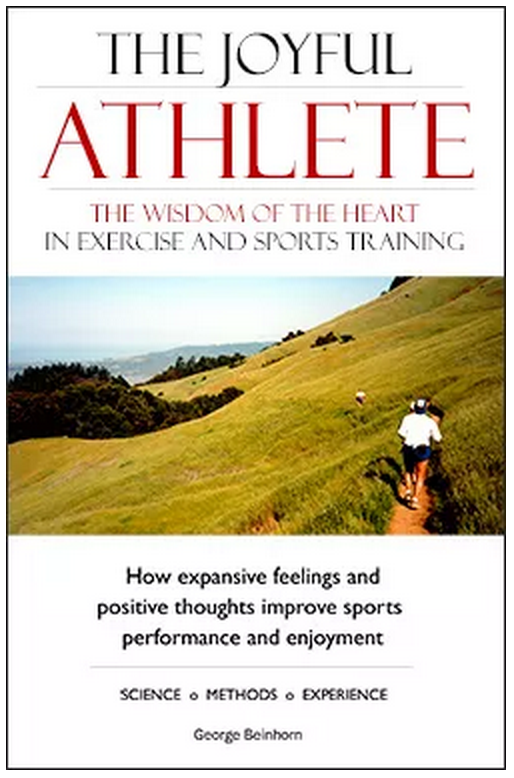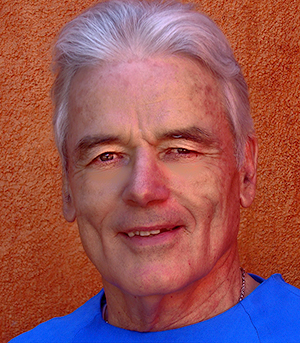George Beinhorn: The Joyful Athlete

/
Click to play the podcast above, or hit “Download” to listen later.
For many people nowadays, exercise is a chore.
There’s “beast mode”, “no excuses”, and Pukey the Clown.
There’s “Who has time to go to the gym?”… because “the gym” is this Other Place that you must drive to, pay money for, and endure.
At best, exercise is one more to-do on the list.
At worst, exercise fuels our worst selves.
Workouts can be an excuse to drive yourself into the ground — especially if you’re a Type A perfectionist person. To set impossible standards and feel like you failed if you don’t meet them.
Workouts can be a way to try to “fix yourself” — because, you know, you’re fucked up and fat and lazy and ate too many cupcakes yesterday and basically you’re just a sad sack of shit so try this new spin class, you gluttonous manatee!
Workouts can be a place where you watch the clock, whether it’s to smash out some sloppy reps as quickly as possible, or to fret over your lap speed.
Workouts must be done at a pre-approved, fluorescent-lit facility under the watchful eye of someone you will pay to use technical language to tell you that you should balance exactly this way on the thingy even though you’re not real sure why.
Are you motivated yet?
Ugh.
How did we in North America ruin such a wonderful thing as exercise?
Is there another path? Yes. It’s joy.
 George Beinhorn, author of The Joyful Athlete: The Wisdom of the Heart in Exercise and Sports Training, has had a long career.
George Beinhorn, author of The Joyful Athlete: The Wisdom of the Heart in Exercise and Sports Training, has had a long career.
(He’s now in his 70s. So he definitely gets to give advice.)
Encouraged to run by a spiritual teacher after confronting a three-year partial paralysis, George discovered:
Exercise can create feelings of “presence”, calm, joyfulness, “expansiveness” — even euphoria.
Over the next 4 decades, he devoted himself to studying both the personal and scientific dimensions of exercise.
While analyzing the careers of hundreds of athletes, he found that the most successful shared two qualities.
- Top athletes — particularly the inspiring East African runners — were optimistic and energetic. They had a positive mindset and a basic exuberance.
- Top athletes were able to self-regulate with biofeedback. They “sensed in” to what their bodies were telling them, and responded to those signals by adapting their training.

George Beinhorn
Conversely, says George, North American athletes tend to be obsessed with numbers and performance. Rather than seeing training as a joyful relationship with the body, training became another way to punish and constrain the body.
As George says,
“Sports training isn’t about ‘running the numbers’. It’s about working with the individual body that we must train with, and whose needs change continually.”
Joy can improve performance.
Happiness is a pretty good “nice to have”.
But it’s not the only reason to engage in joyful practice.
When we are happy and “tuned in” to our own bodies — when our training comes from a place of open-hearted love — we perform better.
We recover faster. We are more adaptive, flexible, open to learning and growth.
Our athletic careers are long and sustainable, rather than riddled with burnout and injury. We bring our “best selves” to competition.
“I get the best results — and elite athletes also get their results — by being happy in the moment.”
–George Beinhorn
In this interview, we cover George’s background, research, the relationship between happiness and athletic performance, and the intersection of spirituality and science.
>> Click to listen or hit “Download” above for later.

Photo credit: Marina Castell
